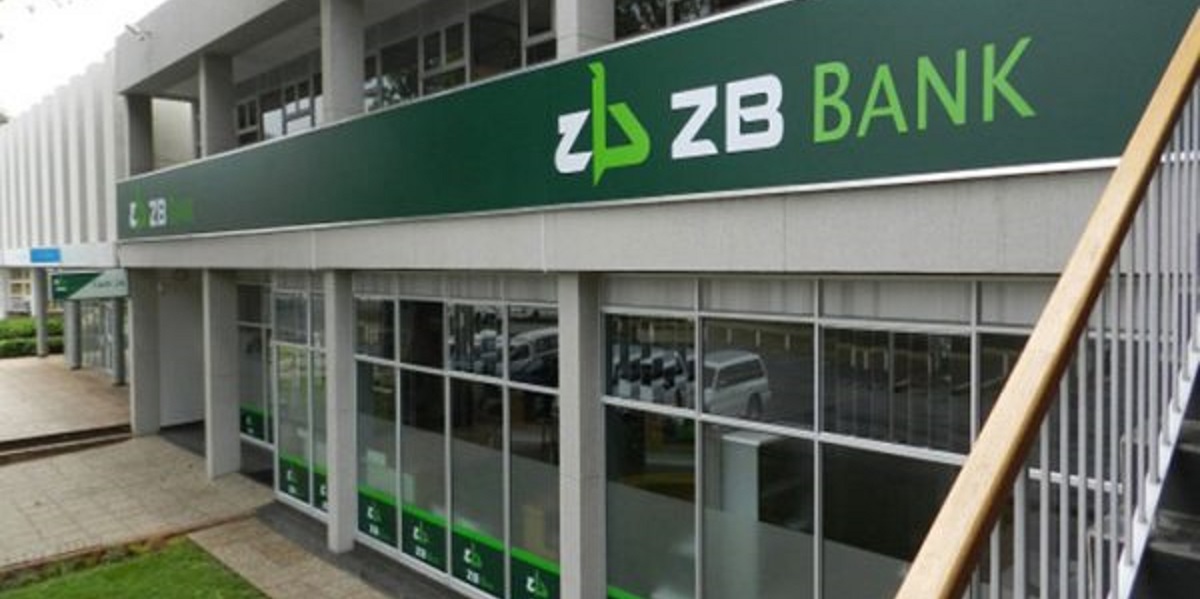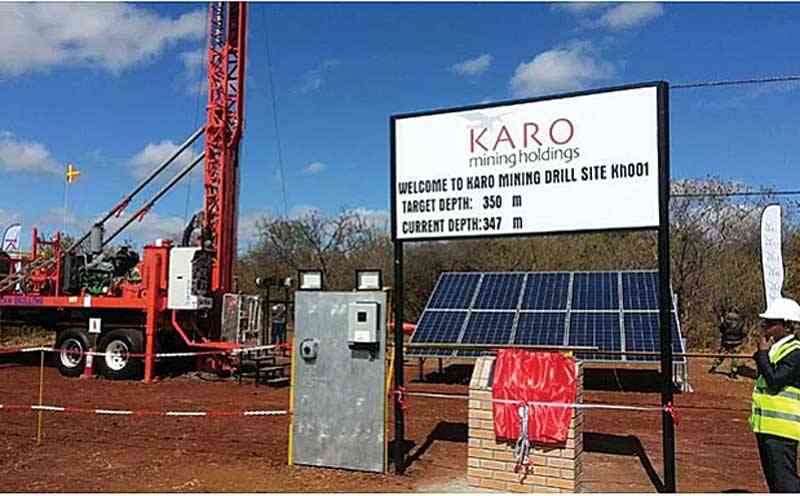Karo forges ahead with project despite price fall
Karo Platinum Holdings is going ahead with the development of its platinum mine despite the falling global platinum group metals (PGM) prices, with US$100 million already spent on mine infrastructure development.
The mining company’s project in Zimbabwe is an open-pit platinum group metals (PGMs) asset under construction at a projected cost of US$391 million for phase 1.
Country manager, Dr Josephat Zimba, said during a tour of the mine that the project was being built in the middle of a challenging environment with the PGM prices being the lowest in recent times, but they continue to count on the Government for support in many respects, including fiscal support, to get the project to completion.
“These are multi-generational projects, with an impact in terms of the number of people employed and the quality of work that’s being done here.
“This will live for many decades to come and then contribute significantly to the economy of this country. We will be putting in probably additional plus or minus 190 to 200,000 ounces of PGMs on an annual basis and obviously contribute significantly in terms of our payments to the fiscus.
“So it’s a major project, and this is only phase one of the project, in addition to the additional phases that will come along,” he said.
Karo’s parent company, Tharisa Capital, has since extended the project timeline for commissioning from July 2024 to June 2025 owing to a deterioration in PGM prices.
But Dr Zimba said typically, a mining project takes about 12 years to bring to fruition from start to operation.
“The Karo project is a big project in terms of scale and the scope of what we’re dealing with, and sometimes people think that projects like this might happen overnight; they don’t, but this is a project that’s been done.
“Construction literally began in December 2022, and you’ve seen the scale of what we’ve been able to achieve, including the pilot mining,” he said.
Dr Zimba said the first phase will require about 30 megawatts of power, which the mine will get from the grid.
He said Karo has also entered into an agreement with ZETDC for the supply of that power, with the possibility to even import power from the region if there is a need to do so.
“But also in parallel, we will be building a 30-megawatt solar plant, which will augment the power to Karo, with the view that any power that is generated that Karo is not utilising would be fed into the grid. So that basically is also a two-pronged power strategy at this point,” said Dr Zimba.
He noted that US$5 million will be invested in the 31-kilometre power line from Selous and the transformers, as well as the upgrade of the substation.
“What we’re going to do is upgrade the solar substation; we’re putting an additional 125 MVA transformer on the solar substation, and then we want the 31-kilometre, 132 kV line to come to site, and then we’re going to step down on using 2×40 MVA transformers here on site,” he said.
Dr Zimba said the magnitude of the project needs a lot of fiscal support to be able to deliver, more so in these times when prices are at rock bottom.
He said the company, as always, engaged in discussions with the Government, which has overall been very understanding and supportive.
“We are going to engage to get things that we need support on, and these are ongoing discussions.
“But the Government has also realised how critical the project of this magnitude is to the country, and the fiscal support that we require pales in comparison to the benefits that we offer to the nation,” he said.
Dr Zimba said at full operation, at least 1 000 people will be working for Karo, and with a net effect of 1 in 7, at least 7,000 additional jobs will be created.
The company has also completed the pilot mining for US$8 million and stockpiled 68 000 metric tonnes of ore.
Dr Zimba said the pilot project was a very useful exercise for the workers to determine how they would mine that ore body.
“I think they were comfortable and happy that they were able to mine the ore body, and from that point of view, the pilot mining was a success, and we will have a pilot plant that will be running and operating in the not too distant future,” he said.
The Government has been calling for value addition for the PGM industry and other minerals; hence, Dr Zimba said Karo has always considered that since the inception of the project.
“The first step for us would be to bridge the cost that we are going through, and then on the next phase, we are looking to further value add, putting additional processing capacity on the concentration units,” he said.
He therefore said the first phase will produce concentrates, and the second phase will look into smelting and further value addition.-herald












